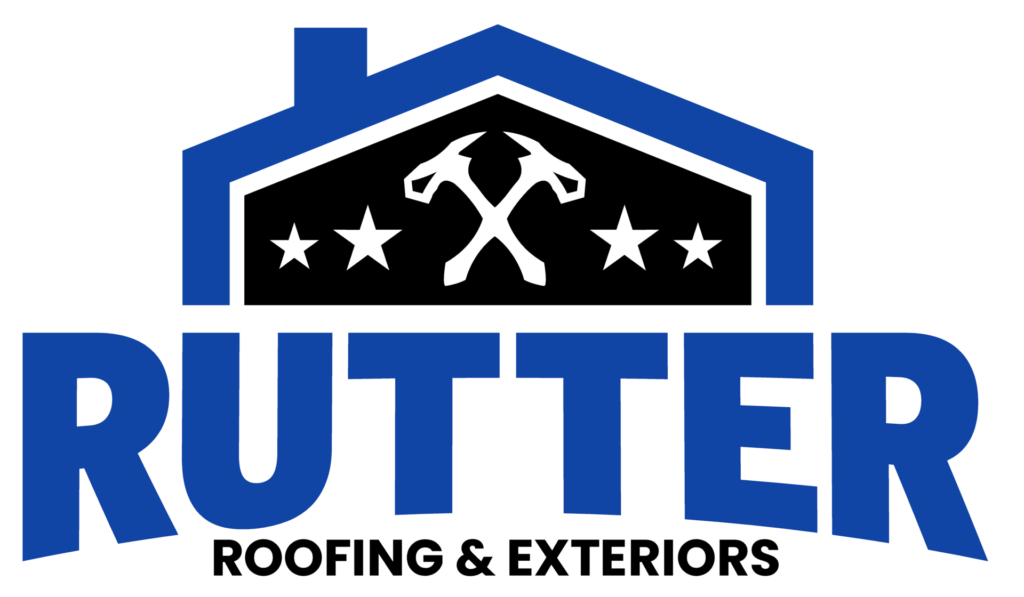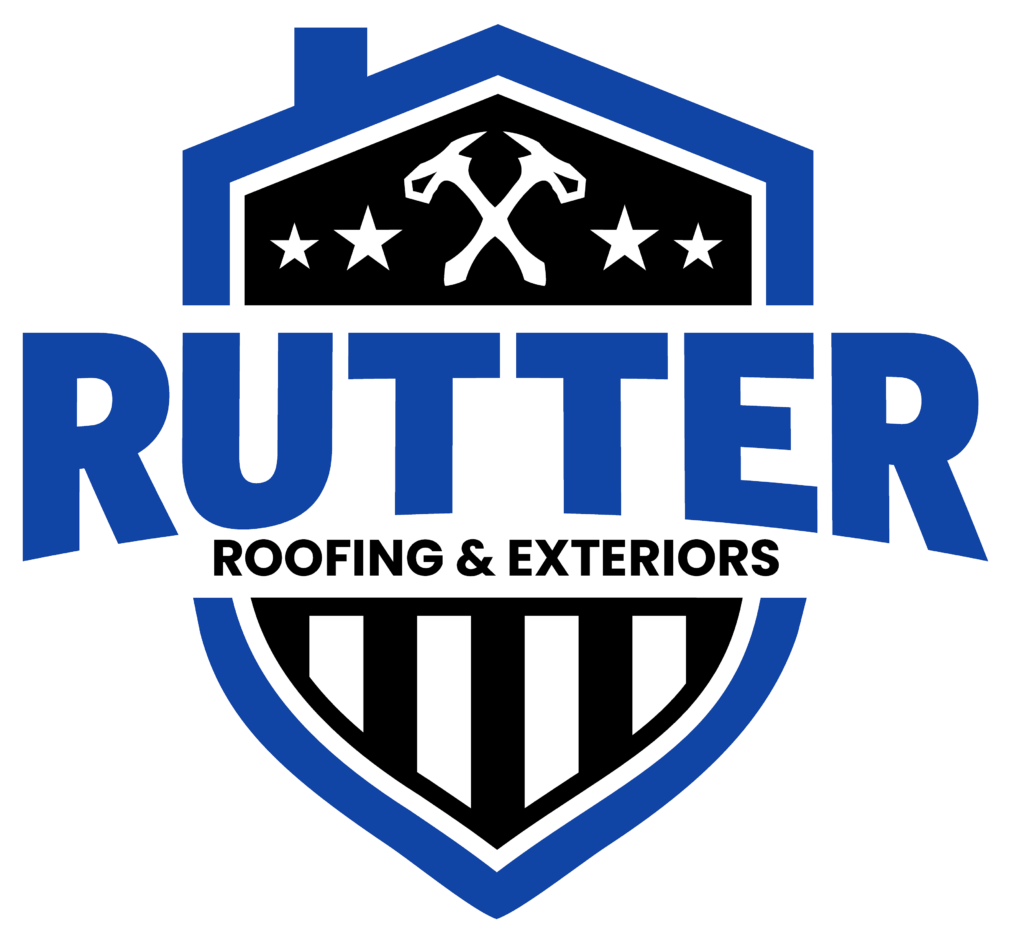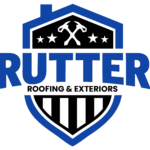
The warm summer months are almost here, and if you’re like us, you love entertaining outdoors. There’s nothing better than relaxing on your backyard deck with your family and friends during a BBQ or pool party. Your deck is an extension of your home that creates a functional living space outdoors. To ensure it continues to provide the perfect space for your summer grilling, lounging, and hanging out, you need to inspect it at the beginning of the season. Whether it’s minor wear and tear issues or something more serious, our team shares some common signs of deck damage and when it might be time to consider a replacement.
Common Signs of Damage
As the weather changes and we say goodbye to the cold, dampness, and snow, it’s the perfect time to look at the current condition of your deck. Annual inspections at the start of the season can help you avoid costly repairs or a full-on replacement during the middle of the summer. Below we highlight five signs indicating you need a replacement deck.
Overall Structural Damage
Shaky railings, wobbly deck planks, sagging, cracks, rusted or missing hardware—all of these deck damages point to prompt repair that will eventually require a replacement. Most of these issues are significant safety hazards that you’ll want to fix quickly to continue using your deck throughout the summer.
Construction Material
Consider the material of your deck. Most decks are made from wood, composite material, or vinyl. Real wood decks show damages differently than composite and vinyl. As time goes by, your real wood deck will show signs of warping and insect damage. If you notice either, it’s time to consider a replacement, as your current deck is nearing the end of its life. Composite and vinyl decks are weather, insect, and rot-resistant, so they tend to have a longer life expectancy. If you notice fading, deep abrasions, or broken boards, you can replace the affected planks.
Wood Rot
If your deck is wood, wood rot will occur. Rot is a serious issue that can spread quickly to other areas. If you don’t see visual rot, sagging is the indicator. Not only does rotting wood weaken the structure of your entire deck, but it also makes it susceptible to termite damage. It’s best to take immediate action if you suspect rot and see how far it has spread. If it’s localized, you can remove and replace the affected planks. If it’s more widespread, you’ll need to invest in an entirely new deck.
Deteriorating Ledger Board
A ledger board is one of the most critical components of your deck that provides stability. It is the part of your deck that is attached to your home. If this piece becomes compromised or completely pulls away from your house, it should be handled immediately. A deteriorating ledger board can cause your deck to collapse.
Age
If your deck is more than six years old, you should call a professional to inspect it. With the heavy snow, rain, and extreme temperatures we experience in Pennsylvania and the Greater Philadelphia area, the dramatic weather changes can affect the structure of your deck. Generally, untreated wood decks last between 10 to 15 years, composite decking last up to 25 years and sometimes longer, and vinyl decks are a minimum of 25 to 30, years with some lasting 30 to 50 years!
Why Choose Rutter Roofing & Exteriors for a New Deck Installation
If you need a new deck installation, consider the deck replacement services at Rutter Roofing & Exteriors. We provide excellent service from start to finish on all the work completed on your home. Our team is fully licensed, insured, and certified, and we use the best quality materials available on the market. Contact us today for all your exterior renovation project needs!



